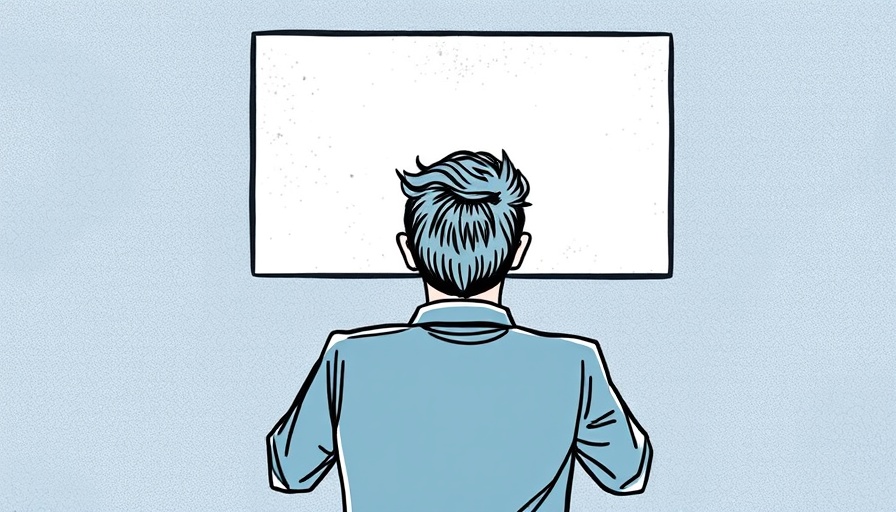
Embracing Your Inner Critic: A Path to Transformation
For far too long, the conversation around personal growth has centered on silencing the inner critic—the nagging voice that tells us we're not enough or not ready. However, recent insights suggest that addressing this voice, rather than trying to mute it, can be a powerful tool for leaders looking to enhance workplace culture and team dynamics.
Instead of feeling shame or guilt for our self-critical thoughts, we can actually engage with them. By understanding the root of our inner critic's messages, we can foster an environment of psychological safety and inclusivity—qualities that are more essential than ever in today's hybrid workforce.
Cultivating Psychological Safety for Teams
Leaders today are tasked with creating cultures where every voice is heard and valued, particularly in the context of company values and DEI initiatives. This means actively encouraging open dialogue about our fears and insecurities in the workplace. Employee trust grows when leaders acknowledge their vulnerabilities alongside those of their teams.
As corporate landscapes evolve, fostering organizational resilience through authentic leadership can drive change management initiatives effectively. When leaders model how to engage with their inner critic, they set an example for employees, showing that it’s not just about pushing through negativity, but about understanding and navigating it as a part of the growth journey.
The Future of Leadership: From Suppression to Dialogue
The post-pandemic world is reshaping how we perceive leadership. With shifting generational expectations, leaders must prioritize inclusive leadership that truly considers the diverse experiences of their teams. Acknowledging the inner critic not only enhances personal growth but also strengthens workplace evolution where all employees can thrive.
As we move forward in navigating these shifts, the call for leaders to embrace their vulnerabilities and facilitate conversations around insecurities becomes increasingly crucial. These dialogues can enable teams to innovate collectively, creating a resilient workforce capable of facing future challenges.
 Add Row
Add Row  Add
Add 




Write A Comment